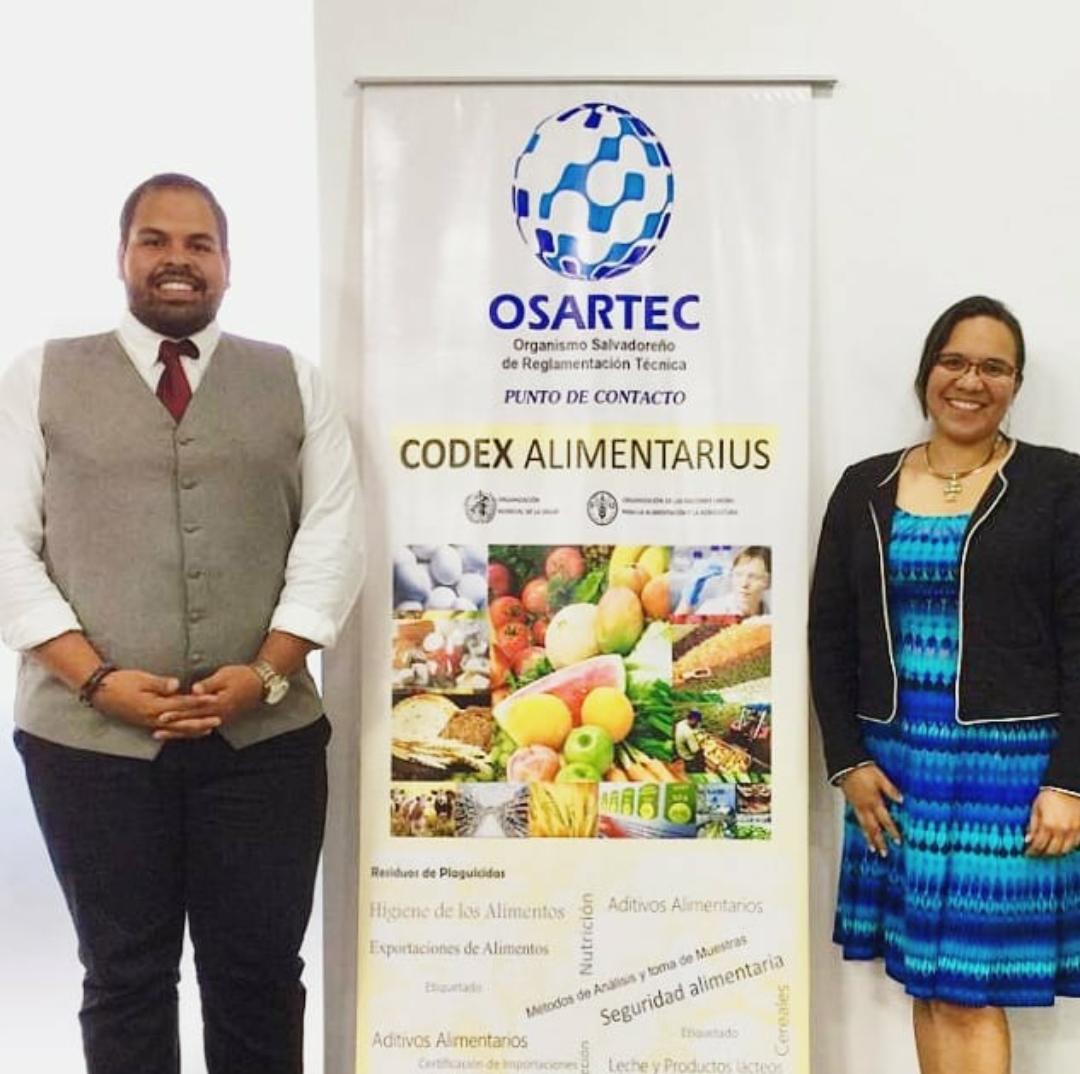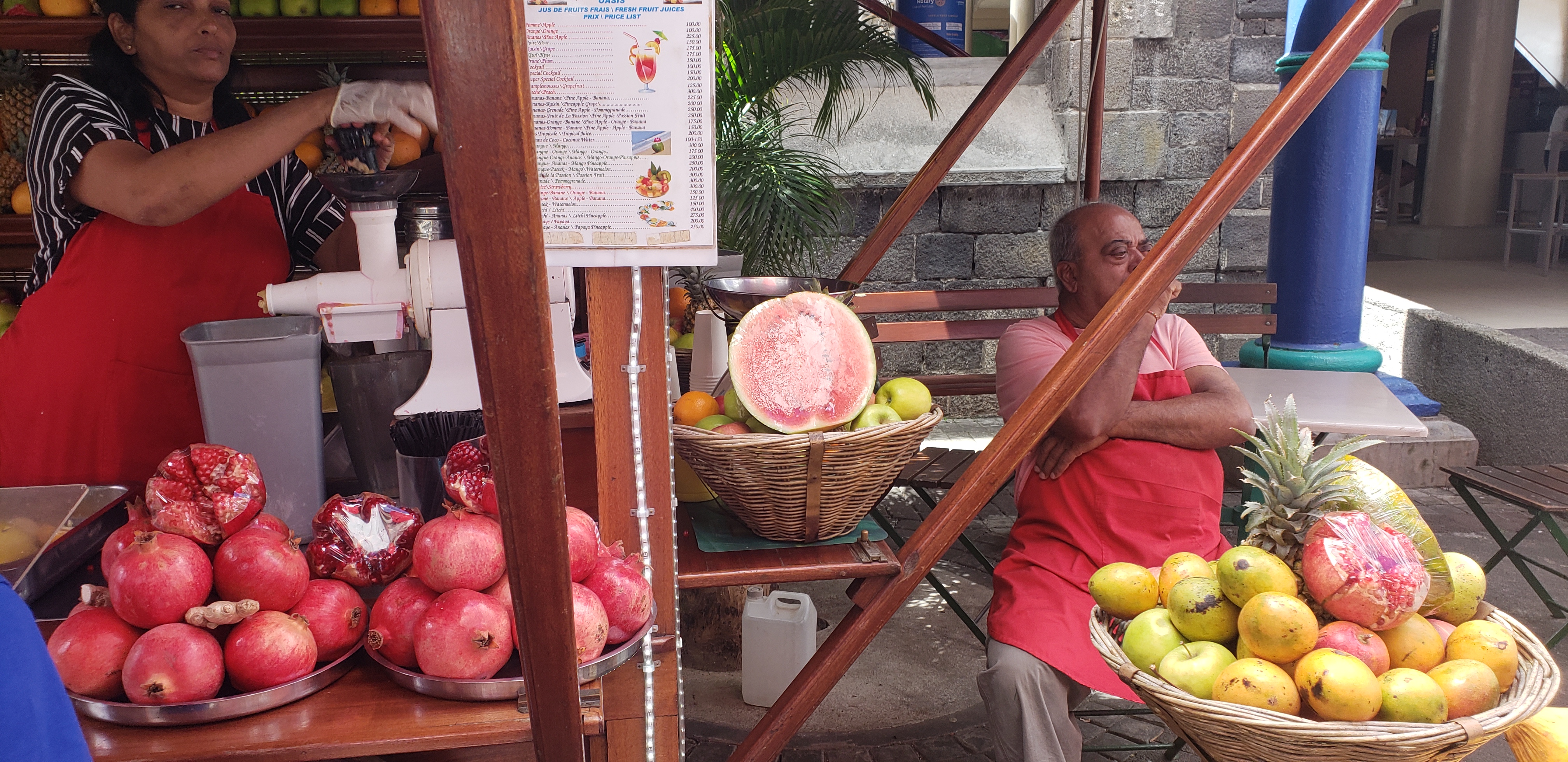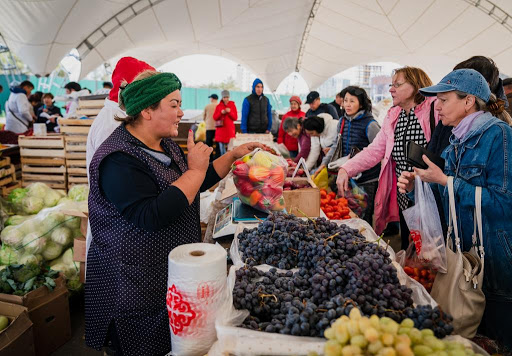Codex Trust Fund announces funding for eight new projects
The FAO/WHO Codex Trust Fund Secretariat has announced eight successful applications from five Codex regions. The countries or groups of countries involved will receive funding to run activities geared towards building strong and sustainable national Codex systems with the ultimate aim of increasing their participation in the work of Codex.
- Africa: Mauritius
- Asia: group application from Cambodia, Lao PDR, Myanmar
- Europe: Azerbaijan, Kazakhstan
- Latin American and the Caribbean: Guyana, and group application from El Salvador and Guatemala
- Southwest Pacific region: Samoa, Tonga
A spokesperson for the trust fund secretariat said: “we welcome the efforts made by all Round 4 applicant countries and encourage all eligible countries and those who were not yet selected to apply in the next round. We look forward to supporting the projects to strengthen their engagement in Codex work at national, regional and international levels”.

El Salvador will lead a group project with Guatemala
Raquel Martínez, Codex Contact Point for El Salvador said: “The Codex Trust Fund will allow El Salvador and Guatemala to increase interregional cooperation, achieve significant progress in consolidating the National Codex Program, and strengthen the technical capacities of the members of the National Codex Committee, Technical Committees, and stakeholders, who as a result of this support, are expected to participate effectively in the process of elaboration of Norms and Related Texts of the Codex Alimentarius”.

Mauritius is committed towards building a strong, vibrant Codex culture.
“It gives us great pleasure to secure assistance from the Codex Trust Fund this year”, said Shalini Neeliah, Mauritius. “As the Codex Contact Point for Mauritius, I am fully committed towards building a strong, vibrant Codex culture in Mauritius. The country is a major food importer, but also relies on exports of agro-food products. In the wake of the COVID pandemic, a number of measures have been announced in the last National Budget to consolidate food security in the country. It is thus highly relevant and opportune for Mauritius to engage in Codex work so as to protect consumer health and ensure fair practices in the food trade”.

A unique opportunity for Kazakhstan.
Nailya Karsybekova, Kazakhstan said: “The Trust Fund will give us a unique opportunity to build a solid, sustainable, foundation for a national Codex policy. It will encourage a change of mindset for policy decision makers, and build a legal culture for food business operators, providing increased awareness for our consumers regarding safe and healthy food. I believe, the project will go a long way towards strengthening food safety and certainly will lead to improving the health of our population."
Read more
At the heart of the Codex mandate are the core values of collaboration, inclusiveness, consensus building and transparency. Governmental and non-governmental, public and private organizations alike play a vital role in ensuring Codex texts are of the highest quality and based on sound science.
Codex would have little authority in the field of international standard setting if it did not welcome and acknowledge the valuable contributions made by observers. Expert technical bodies, industry and consumer associations
contribute to the standard-setting process in a spirit of openness, collaboration and transparency.
Intergovernmental organizations (IGOs) and international non-governmental organizations (NGOs) can apply for observer status in Codex in order to attend and put forward their views at every stage of the standard-setting process.
 Current Codex Alimentarius Commission
Current Codex Alimentarius Commission
Codex Trust Fund announces funding for eight new projects
The FAO/WHO Codex Trust Fund Secretariat has announced eight successful applications from five Codex regions. The countries or groups of countries involved will receive funding to run activities geared towards building strong and sustainable national Codex systems with the ultimate aim of increasing their participation in the work of Codex.
- Africa: Mauritius
- Asia: group application from Cambodia, Lao PDR, Myanmar
- Europe: Azerbaijan, Kazakhstan
- Latin American and the Caribbean: Guyana, and group application from El Salvador and Guatemala
- Southwest Pacific region: Samoa, Tonga
A spokesperson for the trust fund secretariat said: “we welcome the efforts made by all Round 4 applicant countries and encourage all eligible countries and those who were not yet selected to apply in the next round. We look forward to supporting the projects to strengthen their engagement in Codex work at national, regional and international levels”.

El Salvador will lead a group project with Guatemala
Raquel Martínez, Codex Contact Point for El Salvador said: “The Codex Trust Fund will allow El Salvador and Guatemala to increase interregional cooperation, achieve significant progress in consolidating the National Codex Program, and strengthen the technical capacities of the members of the National Codex Committee, Technical Committees, and stakeholders, who as a result of this support, are expected to participate effectively in the process of elaboration of Norms and Related Texts of the Codex Alimentarius”.

Mauritius is committed towards building a strong, vibrant Codex culture.
“It gives us great pleasure to secure assistance from the Codex Trust Fund this year”, said Shalini Neeliah, Mauritius. “As the Codex Contact Point for Mauritius, I am fully committed towards building a strong, vibrant Codex culture in Mauritius. The country is a major food importer, but also relies on exports of agro-food products. In the wake of the COVID pandemic, a number of measures have been announced in the last National Budget to consolidate food security in the country. It is thus highly relevant and opportune for Mauritius to engage in Codex work so as to protect consumer health and ensure fair practices in the food trade”.

A unique opportunity for Kazakhstan.
Nailya Karsybekova, Kazakhstan said: “The Trust Fund will give us a unique opportunity to build a solid, sustainable, foundation for a national Codex policy. It will encourage a change of mindset for policy decision makers, and build a legal culture for food business operators, providing increased awareness for our consumers regarding safe and healthy food. I believe, the project will go a long way towards strengthening food safety and certainly will lead to improving the health of our population."
Read more
 Codex and Observer
Codex and Observer
around the world since ancient times.
We might not always know where it comes from,
but we expect it to be available, safe and of good quality.









Leave a comment